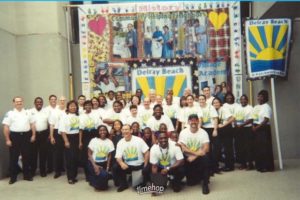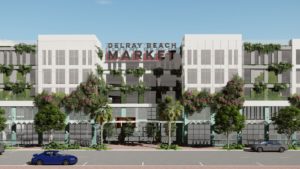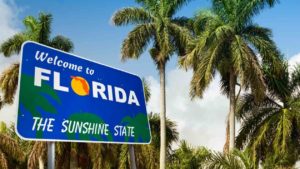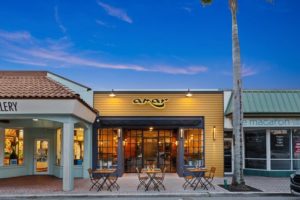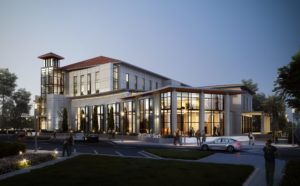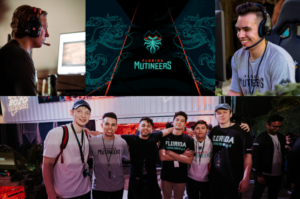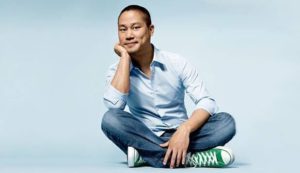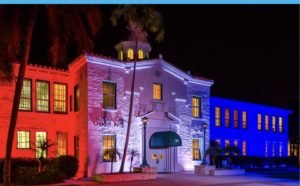
Lake Ida Park is a local gem. A great place to walk, play with your dog and enjoy the wildlife.
We recently bought a small escape place in a wooded setting in Portland, Maine.
Having a getaway in Maine became a bucket list item a few years back when Diane and I visited the state to celebrate my 50th birthday. We fell in love with the southern Maine coast. It’s breathtaking.
After a bout with Covid and the painful loss of a few family members and friends who are gone too soon, Diane and I realized that we need to start doing some things we’ve longed to do —right now. Tomorrow is just not guaranteed. That’s a poignant lesson to learn but it’s also freeing in many ways. It’s time to live a little.
While I have always enjoyed traveling, at this stage of the game, I would much rather get to know a specific place. I want to fall in love again. Portland, you’re it.
When you are getting to know a place it’s natural to want to read all you can about it, so I subscribe to Portland Monthly, DownEast, Maine and Yankee magazines.
I read the Facebook pages, follow the Instagram accounts devoted to Maine and scan the headlines in the Press-Herald. It’s fun to learn the history, read the ads, scan the restaurant reviews and follow the ebbs and flows of a new place.
We dream of spending time in our new digs and having a second home will create healthy pressure to take some time off.
We are beginning to be in touch with our new neighbors and it’s exciting to think of the new places we can explore. Of course, Maine has its Delray/Boca connections too and we look forward to seeing our local neighbors in a new locale.
One thing that I’ve noticed when I read the magazines is the loving prose devoted to all things Maine. The descriptions of nature, towns, local businesses, and local characters are rich in details and brimming with civic pride.
Frankly, I think it contrasts with what I see in our local media which is often full of criticism for Florida and our beloved Delray Beach and Boca Raton.
We see laments about rude people, bad drivers, bad service, traffic and all the rest.
Yes, there’s truth to the kvetches (that’s Yiddish for complaints). I’ve been known to kvetch myself from time to time. Ahem….
But friends, South Florida is paradise—at least in wintertime. The weather is sublime, the breezes are refreshing, the ocean is beautiful and there is so much to do and see.
We have a lot to be proud of—a vibrant downtown, great restaurants, some cool new developments, and a very bright future as people flee the taxes and harsh weather of the northeast.
Yes, the summers are brutal. Yes, our politics are often wacky, and we are home to “Florida man” but have you seen Lake Ida on a crisp morning? How beautiful this place is if we can only slow down enough to look.
Have you walked along the beach on a cool winter morning and wondered about those poor people freezing in places like Pittsburgh and yes— Portland, Maine?
Aren’t you excited to see some new restaurants in Mizner Park, have a drink on the roof of The Ray Hotel and marvel at the cool companies flocking to South Florida?
We have a lot of good stuff going on here.
So, my little side hustle in Maine is not a knock-on life here. It’s just a desire to experience something a little different—with far less humidity.
